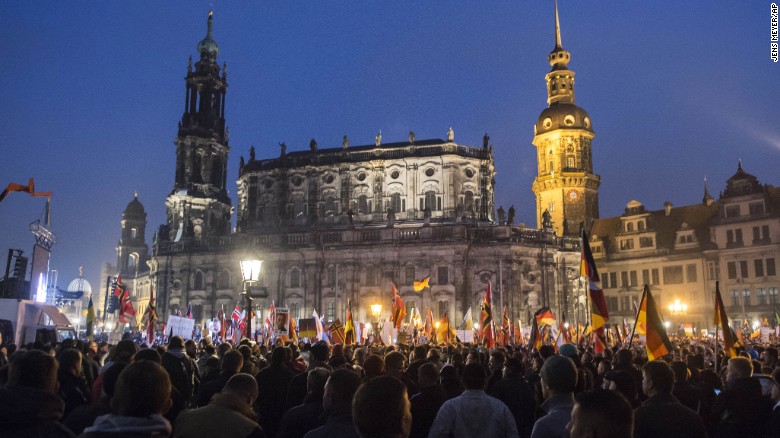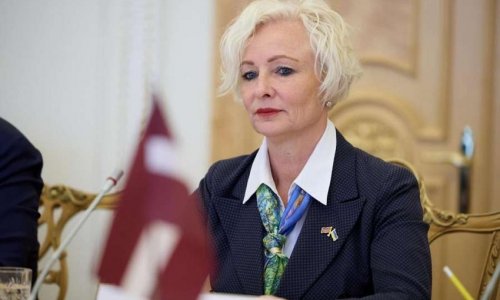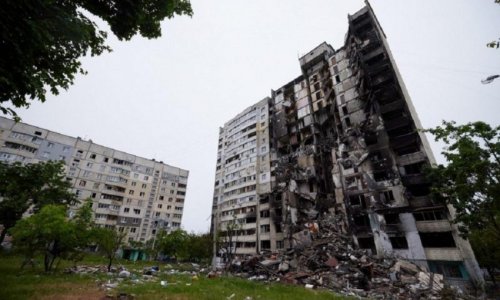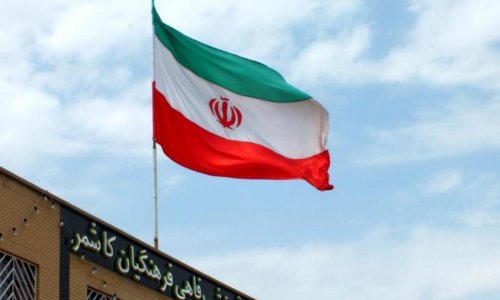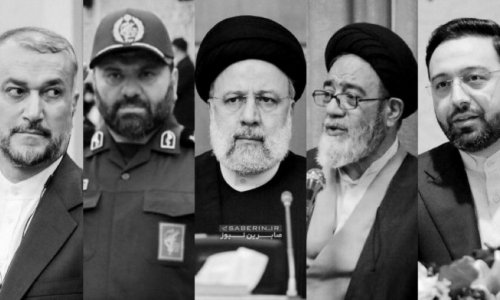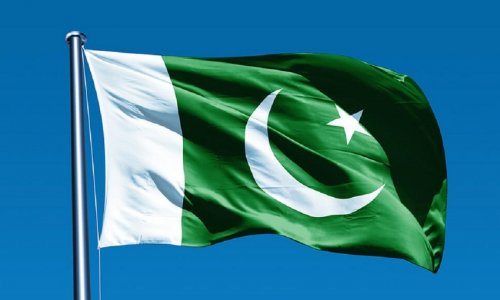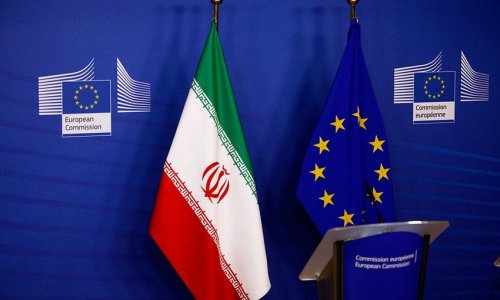Every Monday evening in Dresden, thousands gather in front of the city's Opera House. They carry German flags and sing nationalist songs with one goal: to stop refugees and migrants from coming to Germany.
Thomas is one of them and this Monday he held a placard with a photoshopped picture of Chancellor Angela Merkel dressed in a Muslim headscarf.
He didn't want to give his last name but he told CNN he fears Germany's traditions are being eroded by Muslim migrants.
"Every Monday night we come to gather peacefully. We are not Nazis. We don't want to be labeled as Nazis and we don't want to painted into the right-wing corner. We just don't want to become strangers in our own country."
The Dresden protests started almost exactly one year ago when Lutz Bachmann, a former professional footballer with a criminal record for burglary and assault, posted a Facebook rant against Turkish immigrants in Germany. That became the basis of PEGIDA or "Patriotic Europeans against the Islamization of the West." What started as a small protest of a few hundred has grown into a weekly protest that now consistently draws thousands every Monday.
The first few PEGIDA demonstrations last year drew massive counter-rallies that far out-numbered the anti-immigration crowds. At the time, PEGIDA's founder -- Bachmann -- was dismissed as a far-right extremist. He was briefly forced to resign as the head of Pegida after a photo of himself posing as Hitler surfaced along with details of an online chat in which he referred to refugees as "animals." He resumed his post a month later.
CNN requested an interview with Bachmann and other PEGIDA founders but all declined.
Yet the PEGIDA movement has not only outlasted its opponents, it is growing, fueled, in part, by public fears of the ongoing refugee crisis.
Germany is set to take in more than a million asylum-seekers this year, more than any other country in the European Union by far. At its highest point this summer, Germany saw more than 10,000 new arrivals a day, most of them arriving by train into Bavaria in the south of Germany. The government has responded by setting up mobile registration centers and distributing refugees across the country to share the load.
Chancellor Merkel has led the country's warm welcome of refugees, promising faster asylum applications for Syrian and Iraqi refugees, setting aside more than 6 billion dollars to help feed and house the new arrivals.
At first, scores of Germans showed up at train stations and literally applauded refugees who had made the long trek across Europe. But as winter sets in, and the numbers of refugees continues unabated, Germans are now questioning her policy. The most recent polls showed that more than half of respondents said Germany already had "too many refugees" and only one person in three agreed with Merkel's refugee policy.
In response, Merkel has promised to get tough on economic migrants, proposing transit centers that would be empowered to immediately deport any migrant deemed from a "safe country".
Government data shows that the vast majority of refugees are from Syria and Iraq. But the second biggest group of migrants come from Albania. The government has already begun deporting migrants from Albania, Kosovo and others coming from Eastern Europe but the process is slow, and many migrants file legal appeals that can substantially delay their departure.
As the public fears grow, there has also been a surge in anti-immigration incidents across the country, especially arson attacks on refugee shelters. According to "Courage Against Violence", a group monitoring hate crimes in Germany, most attacks are taking place in the south, where refugees initially enter from, but also in the east of Germany, where refugees and migrants make up less than 1% of the population.
Dresden, in what was East Germany before reunification, has become the focal point for anti-immigration protests, driven by fears of "Islamization" by incoming refugees. In fact, Muslims make up less than .1% of the population in the Dresden area but that unfamiliarity may be what's driving the intolerance for Muslim refugees.
The Dresden protests are attempting to echo the weekly anticommunist demonstrations here that eventually brought down the Berlin Wall and reunited the country in 1990.
But on Monday night, many listened with growing discomfort at the increasingly angry speeches directed against migrants.
Ernst Nehrich was in the crowd, visibly upset by what he saw.
"It is a pity for Germany and the German people what's being said here today. As if they represent the people." He told CNN, "What they are saying is in complete contrast to what people here demonstrated for 25 years ago. It's enough to make me cry.
Even as PEGIDA speakers railed against new arrivals to Germany, the Dresden Opera House made its own statement. It's giant TV screen normally reserved for coming attractions displayed this message: "We will not be a stage for intolerance and xenophobia."
Protesters on both sides insist they will press on with their demonstrations through the winter -- marking a deep public divide that has become a political reality.
(CNN)
www.ann.az
Follow us !

